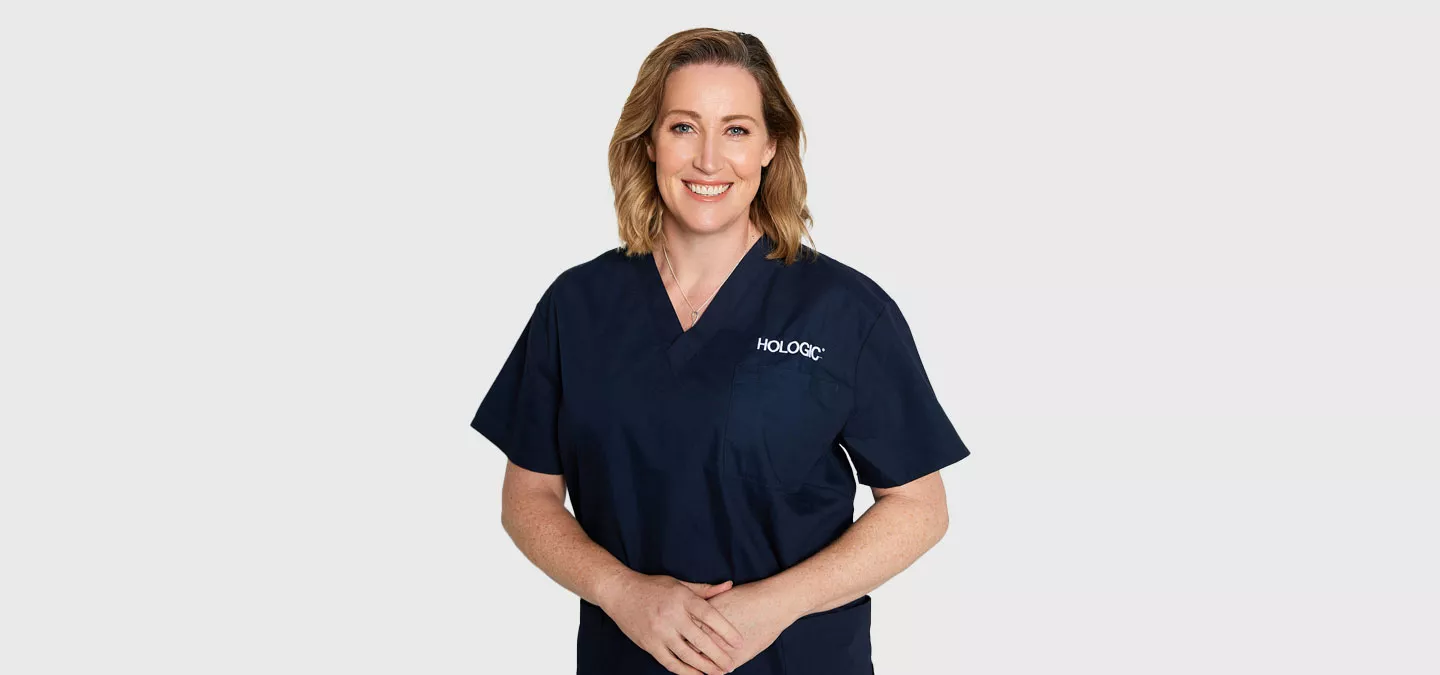Sustainability > Hologic Partners With Dr. Jana Pittman to Bring Attention to Heavy Menstrual Bleeding
Hologic Partners With Dr. Jana Pittman to Bring Attention to Heavy Menstrual Bleeding

New research reveals that more than 1 in 2 Australian women aged 35-52 who grapple with abnormally long or heavy periods are yet to discuss this serious, but treatable medical condition with their doctor. To help address this public health issue, Hologic’s Australia-New Zealand team has partnered with two-time athletics World Champion, four-time Commonwealth Champion, women’s health doctor, author and mother of six Dr. Pittman to help champion dialogue, diagnosis and treatment of heavy menstrual bleeding (HMB).
Hologic commissioned a national online survey of 5,000 Australian women aged 35-52 years in February 2023 to capture their experiences, thoughts and attitudes toward a common, but rarely discussed health issue — HMB. The research determined HMB remains a taboo topic, both worldwide and in Australia, thereby preventing open discussions and leading to poor menstrual health understanding and consequences to women’s health.
“We need to be each other’s village, break the silence, talk about our period health and raise community awareness on behalf of all Australian women and girls who are living with HMB,” Pittman said. “I’ve watched my patients and friends struggle immensely with heavy periods. They often unnecessarily suffer in silence and miss out on life. It’s not OK to miss out on life due to your period. If you, a family member or a friend are experiencing symptoms of HMB, get help. See your general practitioner or gynecologist without delay.”
More than 70% of women have experienced heavy periods, 28% of whom experience heavy periods often and always.1 Many of these women are “suffering in silence” and mistakenly accepting their symptoms as a normal part of being a woman.2-4 Even when Australian women recognize their symptoms as abnormal, compromising their quality of life, many still choose not to seek help.1,3,5 The new research shows that 55% of respondents are yet to speak with their general practitioner about their menstrual health.1 1 in 2 respondents affected by heavy periods de-prioritize their own healthcare needs, and less than a quarter (22%) of the research respondents have undergone treatment.1
The new research found the main reason for women’s reluctance to seek professional help is embarrassment, with 69% of women with heavy periods reporting “embarrassing experiences” and the false belief that HMB simply comes with the territory of being a woman.1
Two Blind Mice. Heavy Menstrual Bleeding Market Research Quantitative survey with Australian women. (2023). www.livecomfortably.au.
Armour, M. et al. Menstrual Health Literacy and Management Strategies in Young Women in Australia: A National Online Survey of Young Women Aged 13-25 Years.
J Pediatr Adolesc Gynecol, 34, 135-143, doi:10.1016/j.jpag.2020.11.007. (2021).
Ciccia, D., Doyle, A. K., Ng, C. H. M. & Armour, M. Indigenous Peoples’ Experience and Understanding of Menstrual and Gynecological Health in Australia, Canada and New Zealand: A Scoping Review.
International Journal of Environmental Research and Public Health, 20, 6321. (2023).
Dutton, B. & Kai, J. Women's experiences of heavy menstrual bleeding and medical treatment: a qualitative study in primary care. Br J Gen Pract, 73, e294-e301, doi:10.3399/bjgp.2022.0460. (2023).
Li, A. D. et al. Unmet Needs and Experiences of Adolescent Girls with Heavy Menstrual Bleeding and Dysmenorrhea: A Qualitative Study. Journal of Pediatric and Adolescent Gynecology,
33, 278-284, doi:https://doi.org/10.1016/j.jpag.2019.11.007. (2020)
Hologic. NovaSure® Endometrial Ablation https://www.hologic.com/hologic-products/gynecologic-health/novasure-endometrial-ablation. (2023).

